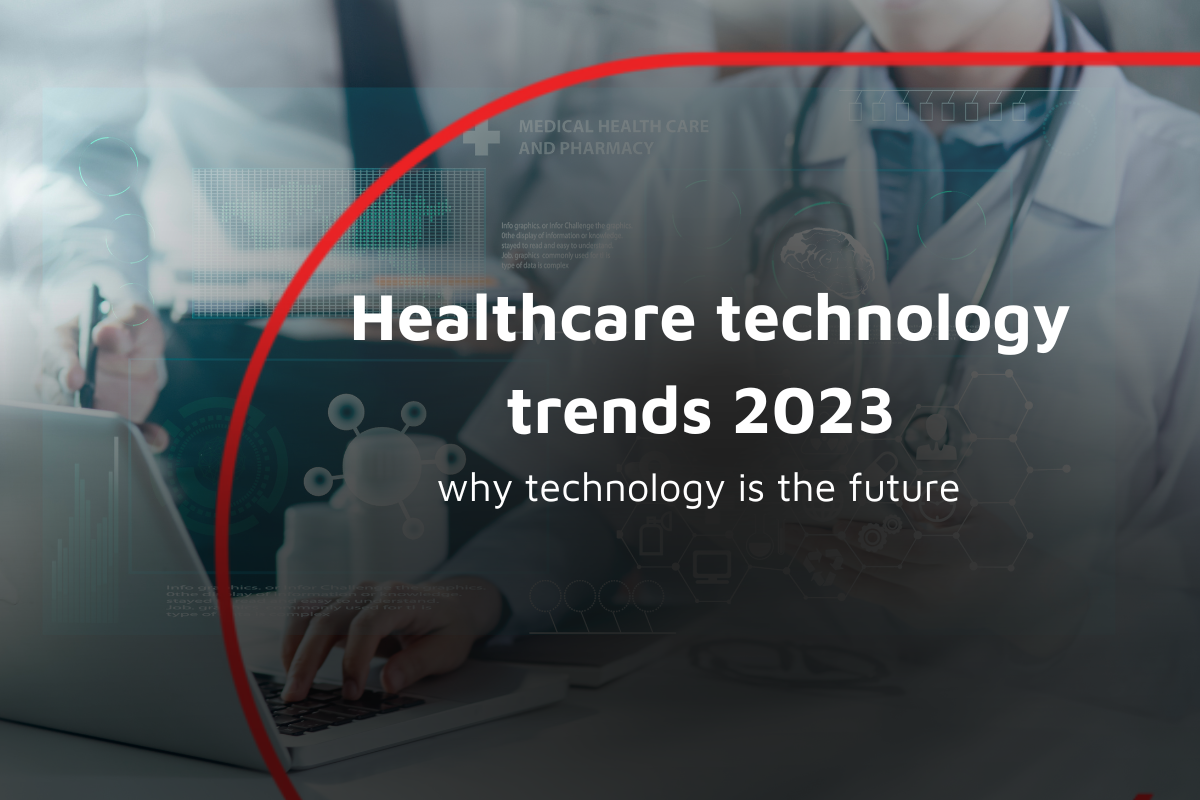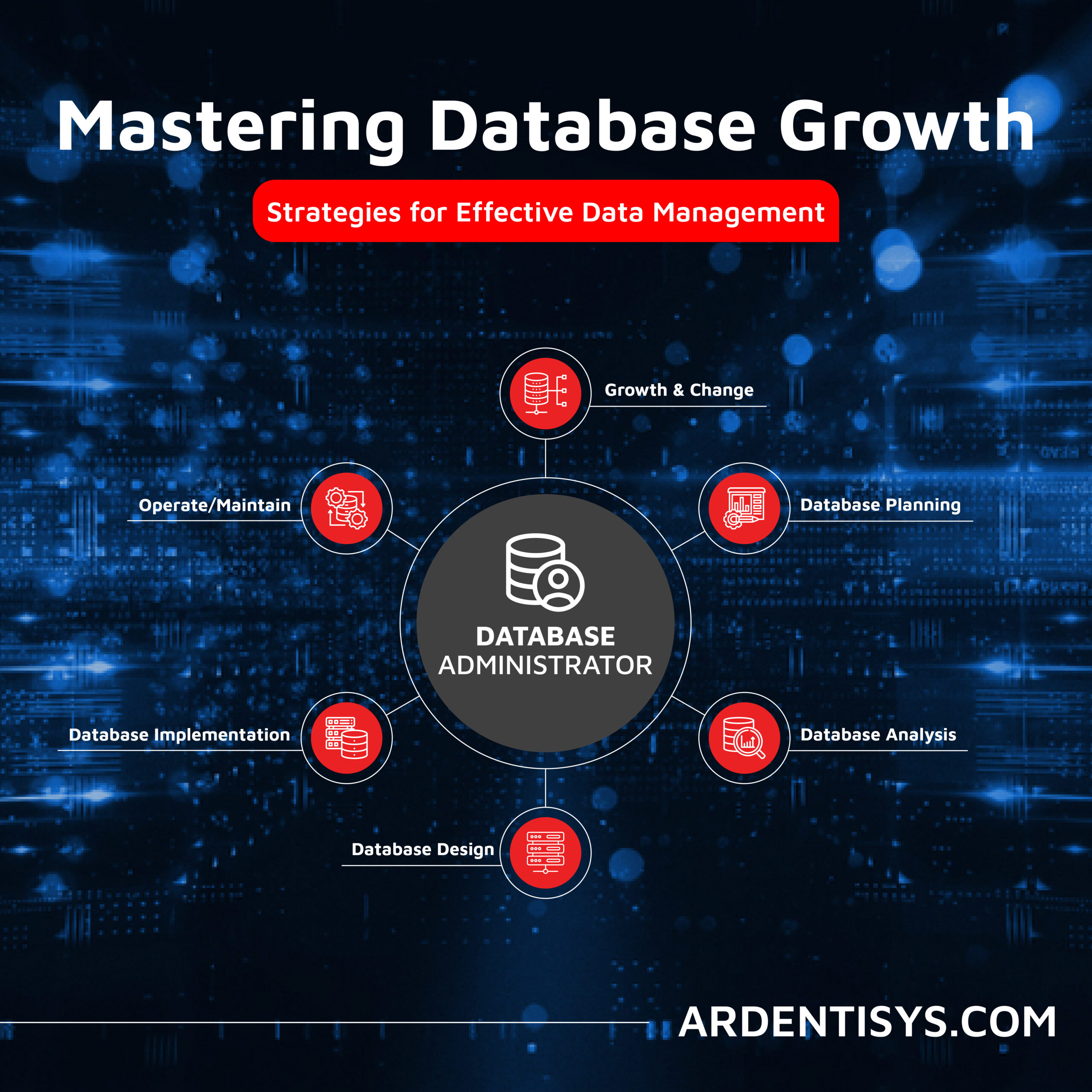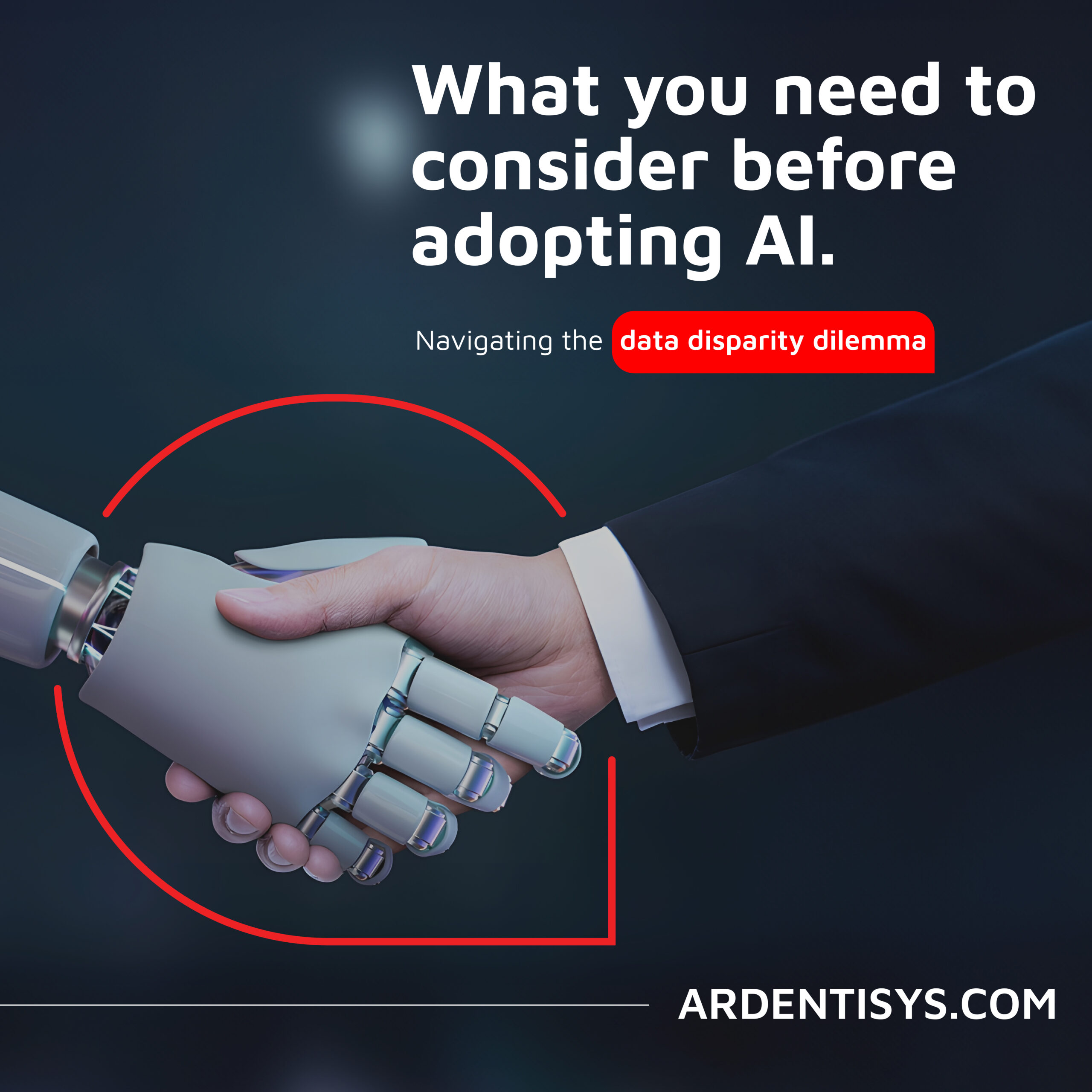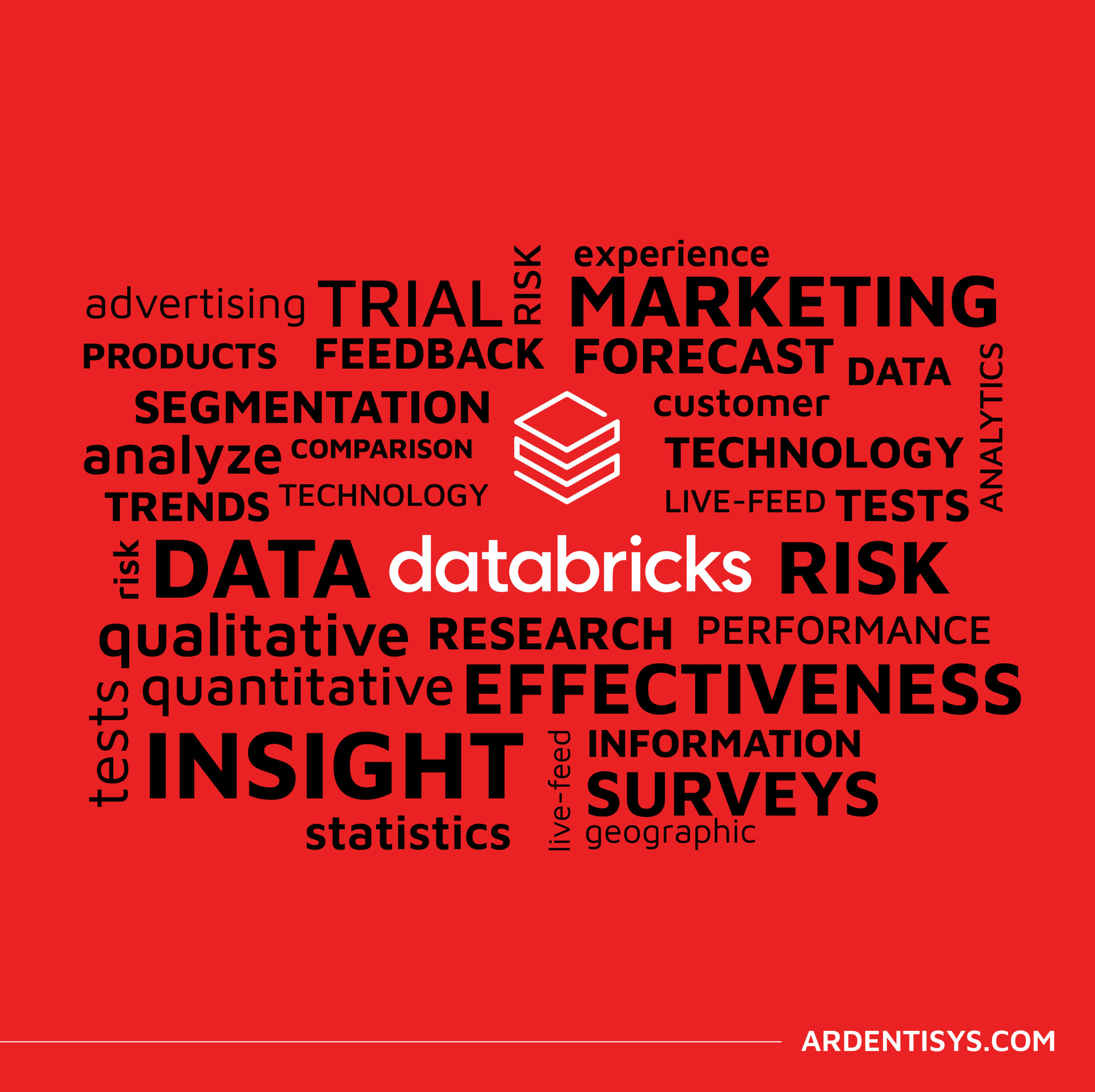Healthcare technology trends 2023 and why technology is the future
20 February 2023 | Noor Khan

Technology has played a pivotal role in the evolution of the healthcare industry over the years, therefore, organizations across the globe must continue to invest in technology to better serve consumers, reduce overall costs, and improve productivity. Technology is no longer a luxury, but a necessity in order to remain competitive, meet consumer demands and provide a service in line with expectations.
In this article, we will look at the biggest trends in healthcare technology and how to start adopting technology to begin reaping the benefits on offer.
Adoption of AI and ML
The size of the AI market within healthcare is estimated to be around USD 11 billion in 2021 as highlighted by Statista. However, the share of organisations adopting AI in 2021 was 9%, and this will considerably increase as the global healthcare industry looks to develop a more digital landscape.
There are many ways in which AI and ML are inherited within the industry and they include:
- Using AI for diagnosis – AI has been used in studies to diagnose illnesses such as skin cancer and has shown has been successful.
- Understanding emergency calls – Software has been implemented to understand emergency calls to detect cardiac arrest. This software was more accurate than human responders.
- Analysis of medical imagery – AI can provide analysis of scans considerably quicker than humans and can reduce the workload for medical professionals.
- Automation of workflow – AI has been adopted to improve workplace productivity by automating labour-intensive processes.
Managing big data
A lot of healthcare organisations will be dealing with huge volumes of patient data. However, managing it effectively, ensuring its security and actually making use of it to gain insights has not been explored to its full potential. Data can provide invaluable insights to inform the decision on patient treatments, service providers, business growth opportunities and more. Organizations looking to leverage their data will need to invest in building the right infrastructure. This can include a data warehouse to collate data from across a number of sources including patient record systems, patient history and more.
Telehealth
Telehealth become prominent in the healthcare industry during COVID but it is here to stay. With a noticeable improvement in speed and efficiency in services, telehealth enables a medical professional to provide services remotely. For example, the NHS adopted the approach of having GP appointments via phone and video call as well as online appointment booking systems. This can help alleviate staff from tasks that technology can easily take care of. We will see telehealth improve and evolve in the upcoming year as organisations look to improve their service for better outcomes both commercially and for patients.
Wearable medical devices
Wearable medical devices are another key area which is growing and providing many benefits to healthcare globally. The current wearable medical devices range from smart watches which can detect the heart rate and smart gloves used to reduce the tremors which are suffered by Parkinson’s disease patients. Additionally, there has been research to explore the idea that wearables can help diagnose mental health illnesses such as depression by taking into account factors such as sleep, heart rate and physical activity. Healthcare organisations could tap into this market with apps and software to identify patterns and support diagnosis.
Personalised healthcare
Personalized healthcare involves providing medical care based on each individual person looking at factors such as age, genetics, risk factors and more. With evolving expectations, consumers are looking for a personalised healthcare experience. This will become a necessity for an organisation to cater to the consumer. By investing in big data, organisations can gain valuable insights to drive the move towards personalised healthcare. Additionally, with the use of AI and ML, healthcare professionals can predict the effectiveness of medication depending on genetics and other factors that may play a key role.
Ardents healthcare client success stories
Nutrition Calculation System for a multi-national healthcare company – The Ardent software development team built a multi-language piece of software that would be used across 18 European countries enabling an improved approach to the research and development of drugs. The Nutrition Calculation System, used by over 4,000 clinicians around Europe aids in the production of drugs as it provides the ability to calculate nutritional information on the ingredient used within the drugs.
Highly engaging mobile app packed with gamification features – To drive research efforts a swiss pharmaceutical company that has been established for 70 years wanted to create an app to collect research on enuresis. With the app being targeted at children, it was packed with gamification features, cartoons and animations to make the user experiences seamless and engaging.
Ardent, serving the healthcare industry
At Ardent, we have worked with multiple healthcare organisations to help improve their way of doing things with the use of technology. Across industries, organisations must open up to the adoption of technology to save time, improve productivity and reduce overall costs. We can help, with knowledge and experience within the healthcare industry, we can take on board your requirements to deliver a solution to fulfil your expectations. Whether you are looking to effectively manage your big data and gain powerful insights to drive growth or a custom software solution to automate mundane, manual processes, get in touch to find out how we can help.
Ardent Insights

Overcoming Data Administration Challenges, and Strategies for Effective Data Management
Businesses face significant challenges to continuously manage and optimise their databases, extract valuable information from them, and then to share and report the insights gained from ongoing analysis of the data. As data continues to grow exponentially, they must address key issues to unlock the full potential of their data asset across the whole business. [...]
Read More... from Healthcare technology trends 2023 and why technology is the future

Are you considering AI adoption? We summarise our learnings, do’s and don’ts from our engagements with leading clients.
How Ardent can help you prepare your data for AI success Data is at the core of any business striving to adopt AI. It has become the lifeblood of enterprises, powering insights and innovations that drive better decision making and competitive advantages. As the amount of data generated proliferates across many sectors, the allure of [...]
Read More... from Healthcare technology trends 2023 and why technology is the future

Why the Market Research sector is taking note of Databricks Data Lakehouse.
Overcoming Market Research Challenges For Market Research agencies, Organisations and Brands exploring insights across markets and customers, the traditional research model of bidding for a blend of large-scale qualitative and quantitative data collection processes is losing appeal to a more value-driven, granular, real-time targeted approach to understanding consumer behaviour, more regular insights engagement and more [...]
Read More... from Healthcare technology trends 2023 and why technology is the future






